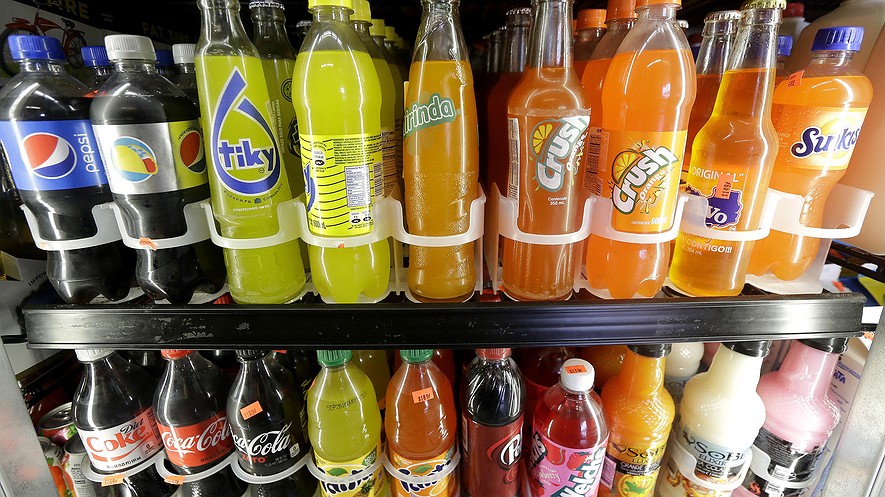
By: Ben O. de Vera
Philippine Daily Inquirer
12:42 AM May 11, 2017
http://business.inquirer.net/
In the succeeding years, the tax rate will be increased by 4 percent annually, although Finance Undersecretary Karl Kendrick T. Chua told reporters that the DOF wanted the annual increment indexed to inflation.
Chua told the House appropriations committee yesterday that an additional P47 billion could be generated from taxes on sugar-sweetened beverages.
But Chua said economic managers wanted 85 percent of the proceeds from the levy on sugar-sweetened drinks to be broadly allocated to priority projects to be identified by the Department of Budget and Management while the remaining 15 percent would go to programs aimed at helping sugar farmers.
The proposal of Nueva Ecija Rep. Estrellita Suansing, who authored the bill on sugar-sweetened beverages, specified allocations of 50 percent to the national government and the remaining 50 percent to be divided among the Departments of Health (10 percent), Education (15 percent), Local Government (10 percent), Public Works and Highways (10 percent) as well as the Food and Drug Administration (5 percent).
Based on the DOF’s preliminary estimates, if the House-approved substitute bill would be implemented next year, additional revenues could reach only P16.8 billion, although the complementary measures that would slap additional taxes on sugar-sweetened beverages, among others, would raise the revenue take to P82.7 billion.
Finance Secretary Carlos G. Dominguez III earlier said that if the first four tax reform packages would still fall short in terms of revenues needed to ramp up infrastructure spending, “we are prepared with a series of other tax measures [that] include taxes on sugary beverages and an increase in motor vehicle user charges.”
Last year, Dominguez said the DOF was looking at slapping a P10-a-liter excise tax on all sugar-sweetened beverages, whether in liquid or powdered form. He had said that it would serve not only as a revenue but also as a health measure similar to the implementation of the “sin” tax reform aimed at safeguarding public health.
The finance chief had said they wanted to impose the excise tax on soft drinks, soda pop, energy drinks as well as sweetened tea and coffee.